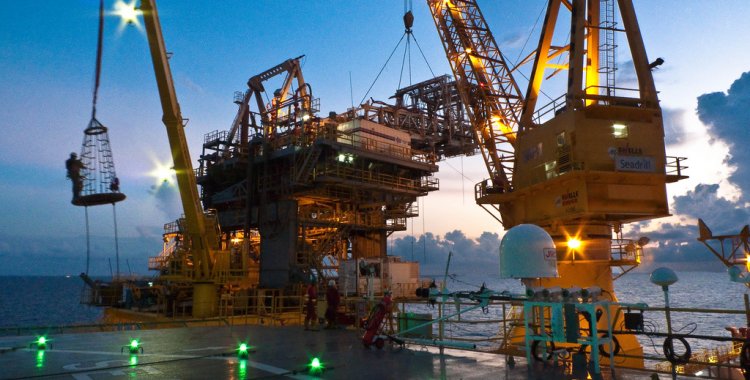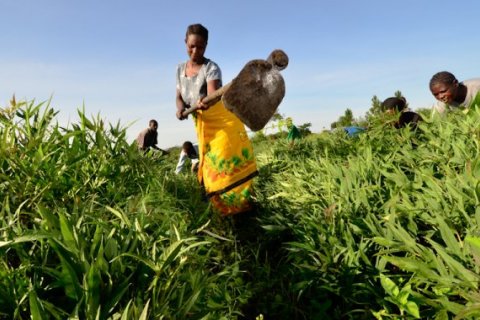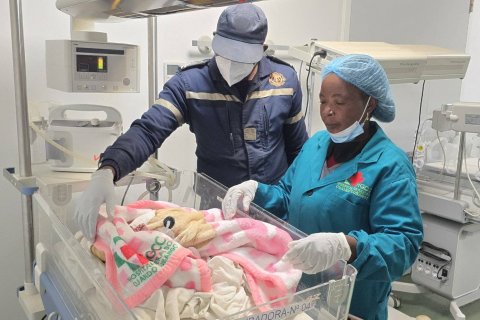"Oil is trading at around 30 dollars a barrel at the time of writing, and if prices remain at these historic levels for some time, this will have unprecedented negative consequences for the Angolan economy," write department analysts. of economic studies by the African bank Standard Bank.
In this month’s report on African economies, sent to customers and to which Lusa had access, economists recall that oil is trading at almost half of the amount entered in the Angolan budget ($ 55 per barrel) for this year and anticipate an increase in inflation and a decrease in the value of the kwanza against the dollar.
“The exchange rate between the dollar and the kwanza has remained relatively stable, at around 500 kwanzas per dollar, but there is a strong likelihood that the rate will rise sharply again due to liquidity pressures caused by the covid-19 pandemic. and the price war between Saudi Arabia and Russia”, say the analysts, who anticipate a devaluation of the national currency.
“We increased our exchange forecast for the end of this year, to 719.6 kwanzas per dollar, when it was at 629.8, which represents an annual increase of 49.2 percent compared to the 30.6 percent initially forecast ”, They point out.
At the macro level, the economic studies department predicts that Angola will continue to record negative growth, similarly to what has been happening since 2016: “The probability of Angola coming out of the four-year recession decreases materially, GDP should contract again, when the initial forecast was for growth of 1.4 percent”, they write.
The Government, they add, will be obliged to revise the General State Budget to reduce the risk of a large budget deficit, when previously forecast a surplus of 1.2 percent of GDP, analysts point out, concluding that the fact of being under assistance and having completed the stages of the International Monetary Fund program “is an advantage” for the country.
"The positive track record in the current program is an advantage for the country, and we have not ruled out the possibility of a review of some of the program's metrics due to current challenges, as financing needs, both internal and external, will inevitably increase."







